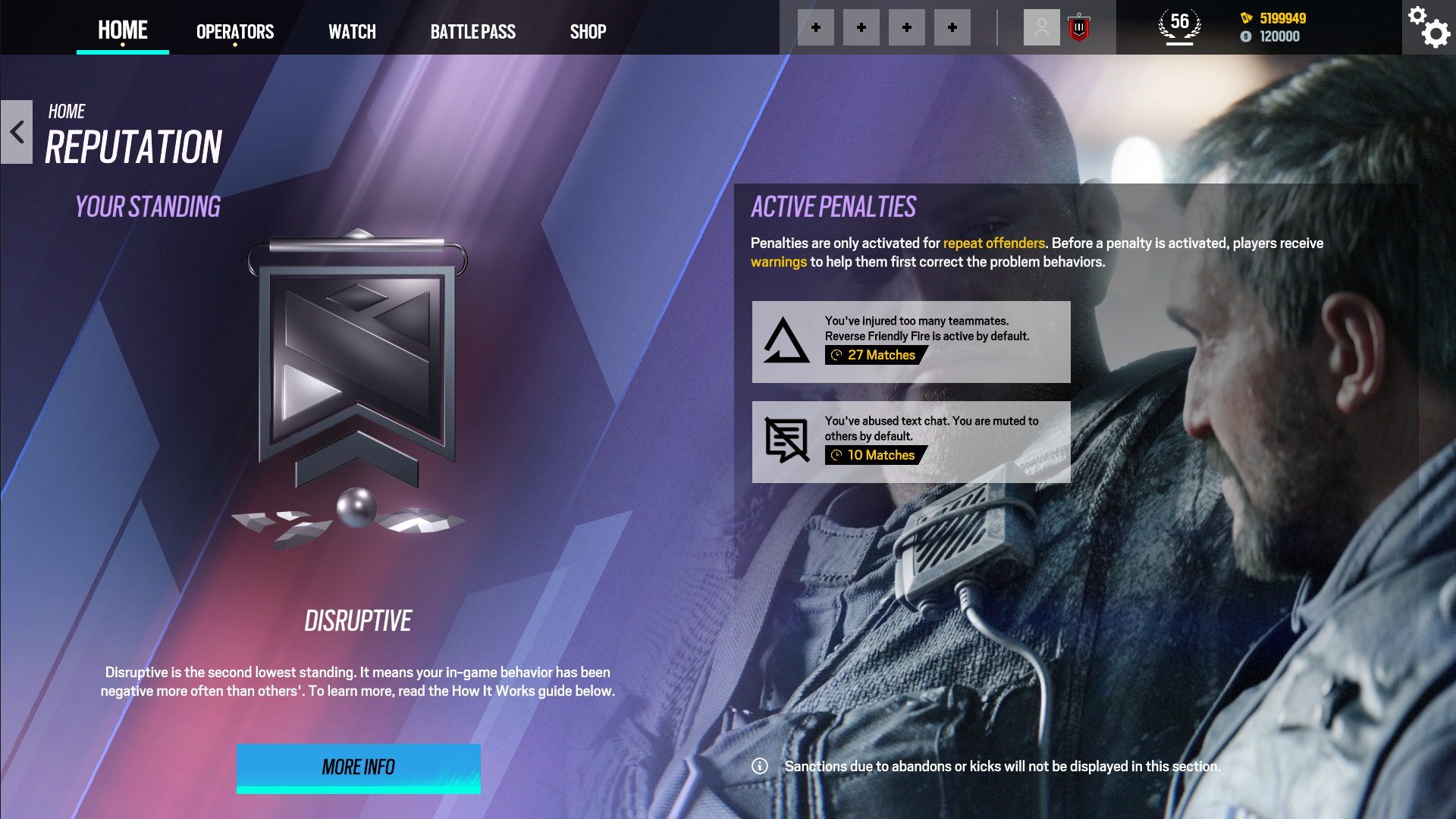Candid Insights
Exploring the latest trends and stories that shape our world.
When Fun Turns Toxic: Why Griefing Ruins the Game
Discover how griefing transforms gaming fun into frustration and why it ruins the experience for everyone. Dive into the dark side of play!
Understanding Griefing: The Dark Side of Online Gaming
Understanding griefing in the context of online gaming is essential for both developers and players. At its core, griefing refers to the intentional act of causing distress or disruption to other players in a game environment. This behavior can manifest in various forms, such as team killing in shooter games, spawning traps in role-playing games, or sabotaging a player’s progress. Griefers often derive enjoyment from the chaos they create, which can lead to a negative experience for those who are simply trying to enjoy the game. Consequently, understanding the motivations behind griefing can help foster a healthier gaming community.
Often, the dark side of online gaming is exacerbated by the anonymity afforded by the internet, which can embolden players to engage in behaviors they might avoid in face-to-face interactions. Griefing creates a toxic environment that not only affects players' enjoyment but can also result in severe consequences for game developers, including increased player churn and damage to the game's reputation. It is crucial for the gaming community to address this issue collectively, implementing stricter policies and supportive measures to educate players about online etiquette and respect, ultimately leading to a more positive gaming experience for all.

The Psychology of Griefing: Why Some Players Ruin the Experience for Others
The phenomenon of griefing in online gaming can often baffle both players and developers alike. At its core, griefing refers to the act of intentionally disrupting or sabotaging the experience of others for amusement or personal satisfaction. This behavior is rooted in complex psychological factors; individuals who engage in griefing may find a sense of power or control in dominating others. Furthermore, the anonymity and lack of immediate consequences in digital environments may lower the inhibitions associated with harmful behavior, allowing players to act out in ways they might not consider in real life.
Understanding why some players choose to engage in griefing involves delving into the realm of psychology. Many griefers exhibit traits of antisocial behavior, where they derive pleasure from the distress of others. This can be attributed to various factors including low empathy, a desire for social validation, or an outlet for personal frustrations. Moreover, the social dynamics of gaming communities can exacerbate this behavior, as some players seek recognition within their peer groups by showcasing their disruptive antics. Ultimately, addressing the issue of griefing requires not only a keen understanding of these psychological motivations but also the implementation of effective game design strategies that mitigate its occurrence.
How to Combat Griefing in Multiplayer Games: Tips for a Healthier Gaming Community
Griefing in multiplayer games can dampen the experience for many players, but there are effective strategies to combat this issue and foster a healthier gaming community. First and foremost, communication is key. Encourage players to report instances of griefing to moderators, as this not only helps in addressing the behavior but also reinforces the community's commitment to a positive gaming environment. Additionally, implement clear guidelines regarding acceptable behavior, and ensure that players are aware of the consequences of griefing. Establishing these protocols can deter potential griefers and promote respectful interactions among players.
Another effective approach is to educate the gaming community about the impact of griefing. Consider organizing workshops or creating engaging content that highlights the importance of teamwork and sportsmanship in gaming. Promote games that include mechanics to discourage griefing, such as penalties for negative behavior or rewards for positive contributions. By fostering a sense of responsibility and empathy within the community, players are more likely to support one another and report instances of griefing, ultimately contributing to a healthier and more enjoyable gaming experience for everyone.